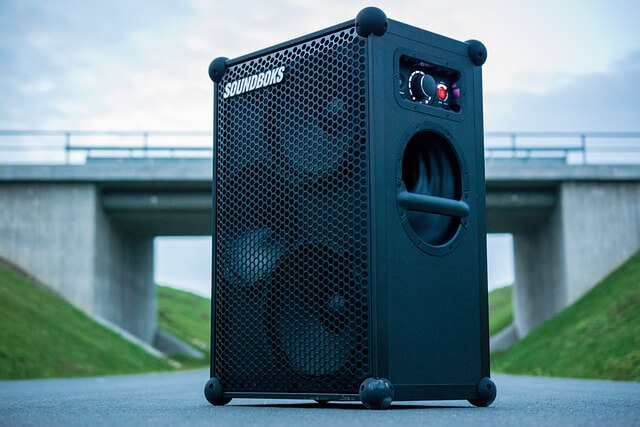Top Qualities of a High-Quality Commercial Sound System
A high-quality commercial sound system is essential for businesses and venues where clear, reliable audio is a priority. Whether it’s for a restaurant, retail space, office building, or event venue, a well-designed sound system can enhance the environment and improve communication. But not all commercial sound systems are created equal. To ensure you’re investing in the right system, it’s important to consider key qualities that make for superior audio performance and durability. Here are the top qualities to look for in a high-quality commercial sound system.
1. Clarity and Sound Quality
The primary function of any sound system is to deliver clear and consistent audio. In commercial sound systems, clarity is critical, especially in environments where music, announcements, or background noise must be heard without distortion. High-quality systems are designed to provide crisp, clean sound across all frequencies, from deep bass to high treble, ensuring that voices and music are both intelligible and pleasant to listen to.
Sound clarity can be affected by factors such as speaker placement, room acoustics, and the quality of the equipment itself. Therefore, a high-quality system will be tailored to the specific space in which it will be used, taking into account things like the size of the room and the type of audio being played. Look for systems that offer advanced equalization settings and audio processing capabilities to adjust the sound output for optimal clarity.

Image Source: Pixabay
2. Durability and Reliability
Commercial sound systems need to be durable enough to withstand constant use, especially in busy environments like restaurants, gyms, or retail stores. A reliable system should be built with robust materials that can handle daily wear and tear without degrading in performance. This includes weather-resistant outdoor systems that can endure exposure to the elements without losing sound quality or function.
3. Scalability and Flexibility
A good commercial sound system should be scalable and adaptable to meet the evolving needs of a business. Whether you’re starting with a small setup and planning to expand or require a system that can be easily modified for different events, scalability is key. High-quality systems are designed with flexibility in mind, allowing for the easy addition of more speakers, microphones, or other audio components without overhauling the entire setup.
In addition, flexible systems offer multiple control options, whether through a physical control panel or remote access via a smartphone or computer. This makes it easier to manage sound levels and audio inputs across different zones or rooms, ensuring that the system can adapt to varying requirements throughout the day or for special events.
4. Compatibility with Other Technology
Modern commercial sound systems should be compatible with a wide range of other technologies and devices. This includes integration with AV equipment, wireless connectivity, and the ability to interface with existing IT networks. A system that allows for easy connection to microphones, projectors, and mobile devices is essential for businesses that host presentations, conferences, or live performances.
5. User-Friendly Operation
For a commercial sound system to be effective, it needs to be user-friendly. Employees or staff members should be able to easily operate the system without needing advanced technical knowledge. A well-designed interface, whether digital or manual, should make adjusting volume levels, switching between audio sources, and troubleshooting issues simple.
6. Aesthetic Integration
In commercial spaces, the look of a sound system matters just as much as its performance. High-quality commercial sound systems should blend seamlessly into the environment without being intrusive. Speakers and other audio components should be designed to fit within the architectural style of the space, whether mounted discreetly on walls, hidden in ceilings, or positioned strategically for optimal sound distribution.
In conclusion, investing in a high-quality commercial sound system involves considering factors like sound clarity, durability, scalability, compatibility, ease of use, and aesthetics. By focusing on these key qualities, businesses can ensure that their sound system enhances the overall customer experience while providing reliable performance for years to come.

Comments